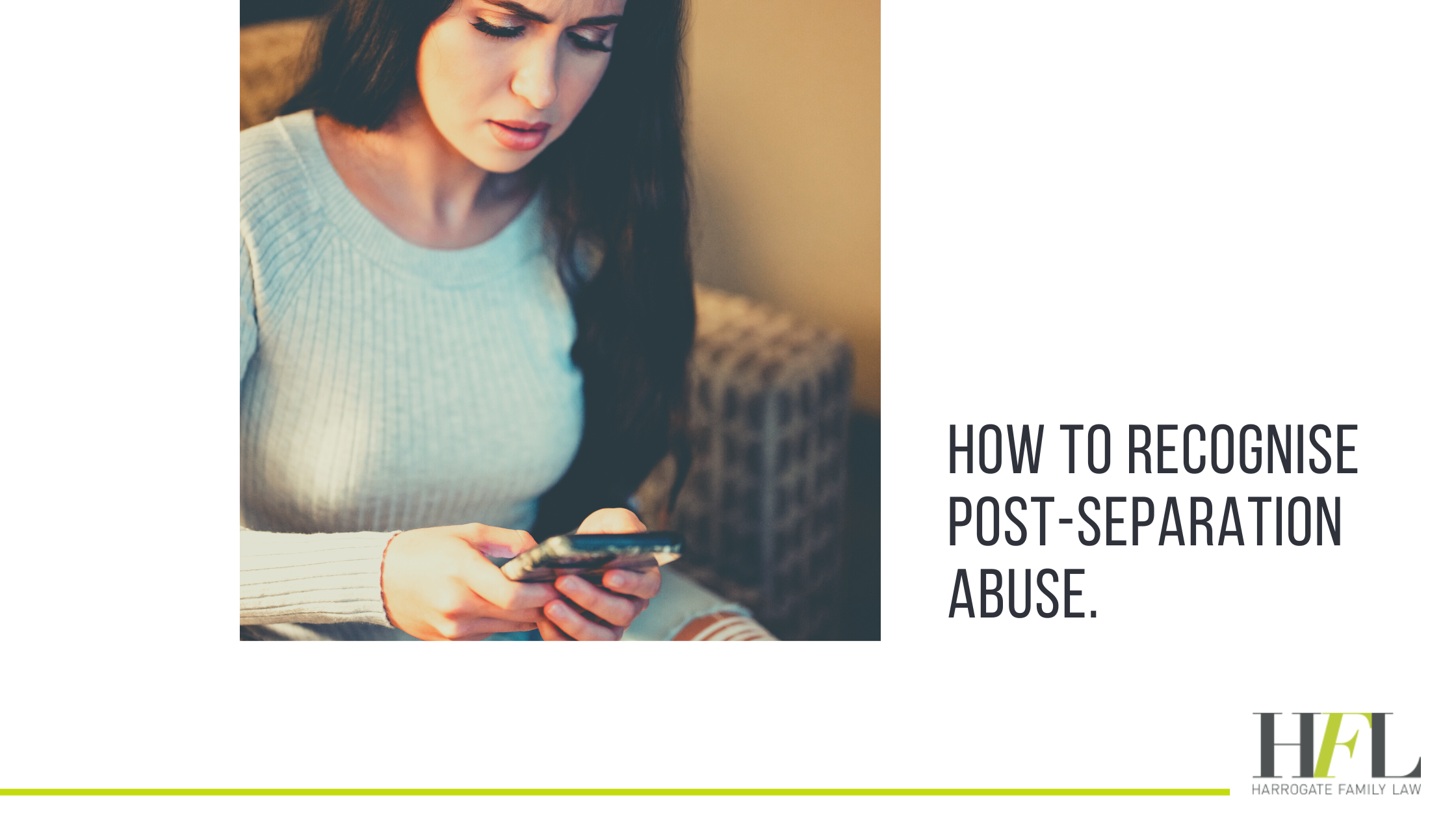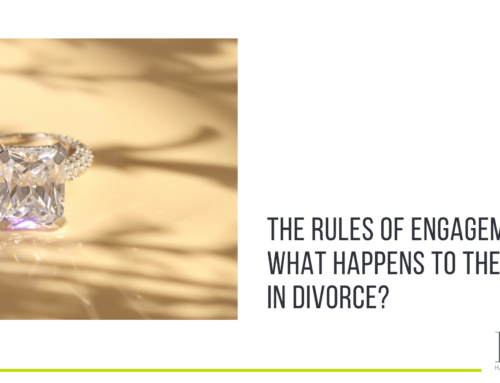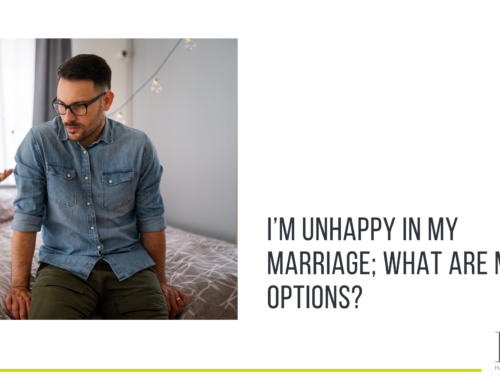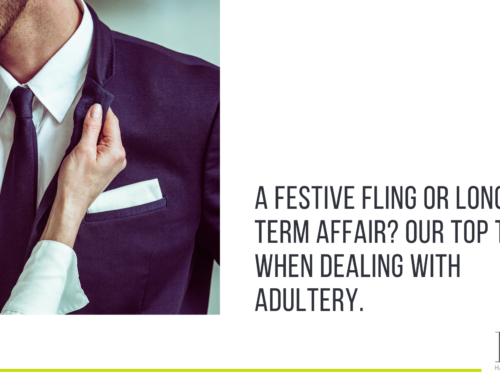Leaving an abusive relationship is one of the bravest, hardest things a person can do. Unfortunately, for many people, the abuse they’re aiming to leave behind doesn’t end once separated. In fact, one of the very real reasons why people don’t leave a relationship sooner (or in fact at all), is because it can put them in real danger.
According to Women’s Aid, 41% of women who were killed by a former partner in England and Wales in 2018 had taken steps to leave their abusive relationships. The answer to the question ‘why don’t people leave?’ seems fairly obvious when you’re faced with statistics like this one.
Here we’re taking a look at post-separation abuse, and how you can protect yourself.
What is post-separation abuse?
Post-separation abuse happens when former partners continue to deliberately cause harm or suffering to an individual, even after the relationship has ended.
When it takes on average, as many as seven attempts to flee an abusive relationship, this ongoing abuse can be extremely distressing, frightening and in the worst cases, fatal.
What are the most common types of post-separation abuse?
While physical violence can still very much be a threat, post-separation abuse can also be psychological and emotional.
Once physically away from an abusive partner, it’s common for coercive control to persist. It can take the form of threats, intimidation, humiliation, shaming and criticism, and can happen via phone calls, stalking, letters, social media or even through other people acting as go-betweens.
Financial control is another form of post-separation abuse, for example a refusal to pay maintenance, or a failure to adhere to any agreement set out in a court order or agreement made via solicitors.
How you can protect yourself
Moving on after any relationship can be challenging, but leaving an abusive relationship can add another layer of difficulty. However, it’s very important to understand that you’re not alone, and that there are things you can do, and people you can turn to for support.
Post-separation abuse is a criminal offence
Perhaps most importantly, keep in mind that post-separation abuse is an offence crime punishable under the Serious Crimes Act 2015, the legislation that made controlling and coercive behaviour a crime. On that basis, you must always report any instances of abuse to the police, and seek their protection if you ever feel in danger.
Lean on your support system
If you can, confide in trusted friends and family so that they’re in the know and up to date. It may be that you put them in the picture when it comes to your plans and whereabouts, and perhaps even have a ‘code word’ that you can use to communicate with them should you find yourself in danger.
Limit your time with an abusive ex-spouse or partner
If there are children involved, seek advice from a solicitor about how best to organise any arrangements for the children. In the first instance, they’ll be able to provide guidance around what the contact arrangements should look like, and whether there’s a requirement for third-party involvement, for example, a family member or a contact centre.
Seek support for your children when you need it
Separation and divorce can be difficult for children in any circumstances, but when there are concerns around post-separation abuse, it’s important to keep an eye on your children’s demeanour and behaviour.
Do you notice any changes? Are they acting any differently? If you’re worried about how they’re dealing with the situation, don’t hesitate to seek advice from a healthcare professional, and speak to their school about the situation. The more people who can provide support, the better.
Seek legal advice
Seeking legal advice is always a worthwhile investment, no matter what the circumstances are.
Having an expert legal team in your corner will mean that they can conduct any necessary communication on your behalf, removing the need for you to have any direct contact with your ex-spouse or partner. They’ll also be able to guide you in respect of any next steps you may need to take regarding their behaviour, and whether you need to seek protection in the form of a non-molestation and/or occupation order.
Crucially, a solicitor will be able to provide the legal advice you need in respect of your future, and how to make the decisions that are right for you in order for you to move forward.
If you’re worried that you may be a victim of post-separation abuse, having a solicitor on your side who you can trust can be the first step in taking control over your life and future.
At Harrogate Family Law, we believe that everyone has the right to feel safe as they move on from a relationship, and if you need support or have concerns about post-separation abuse, there is help available. The NHS has a list of the organisations you can contact if you need to seek support, and you can access that here. And when you’re ready for a solicitor, we’ll be here for when you’re ready to get in touch.






